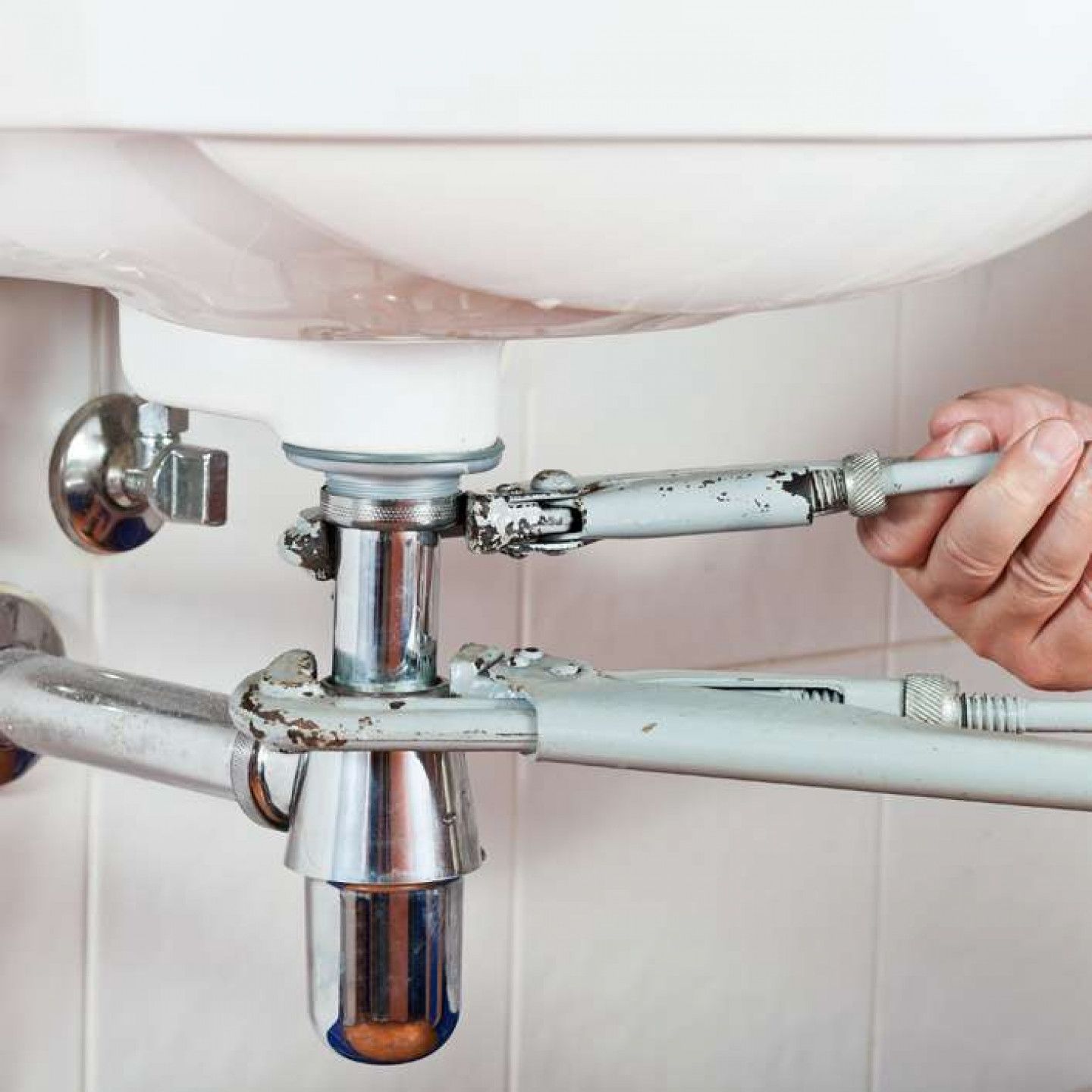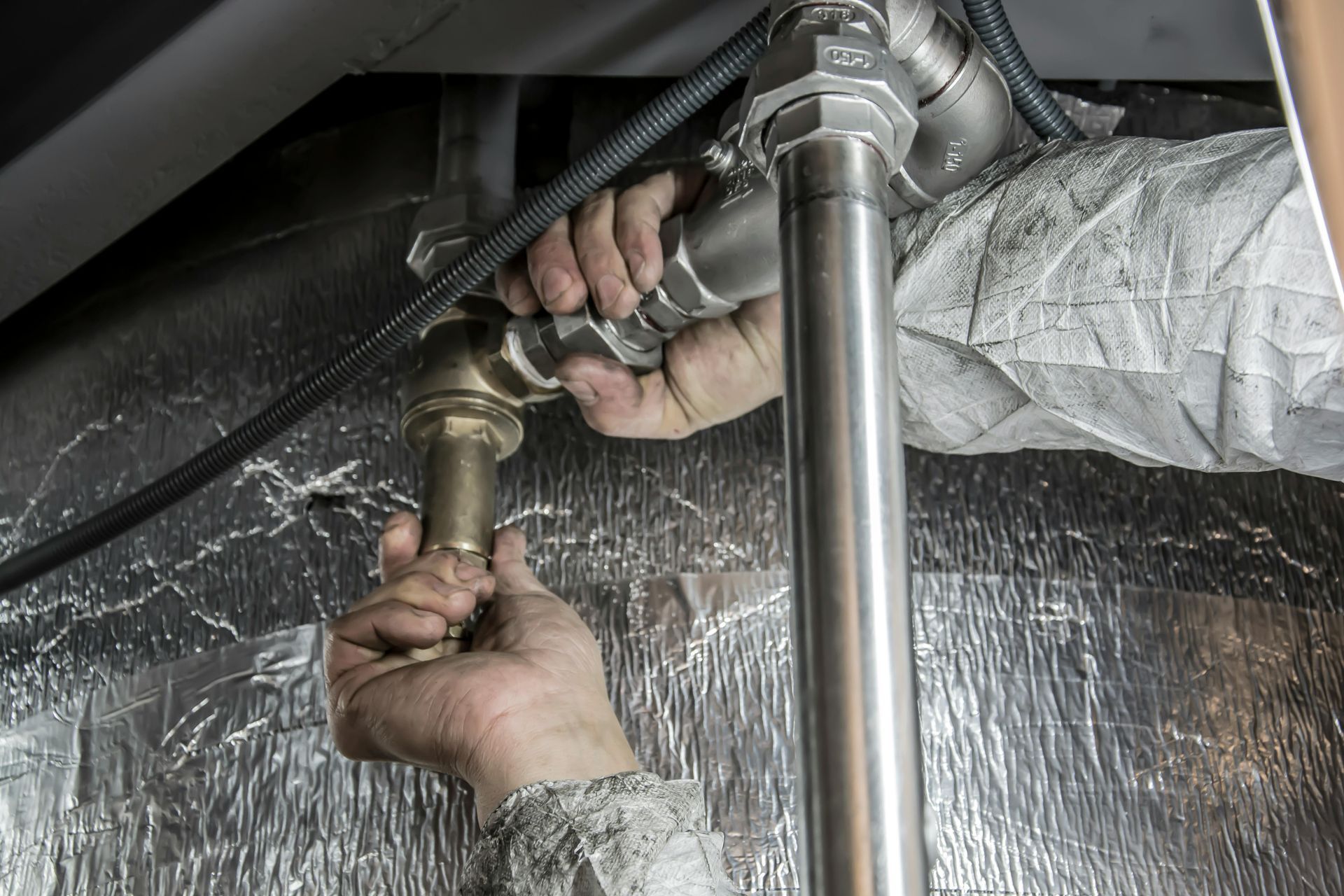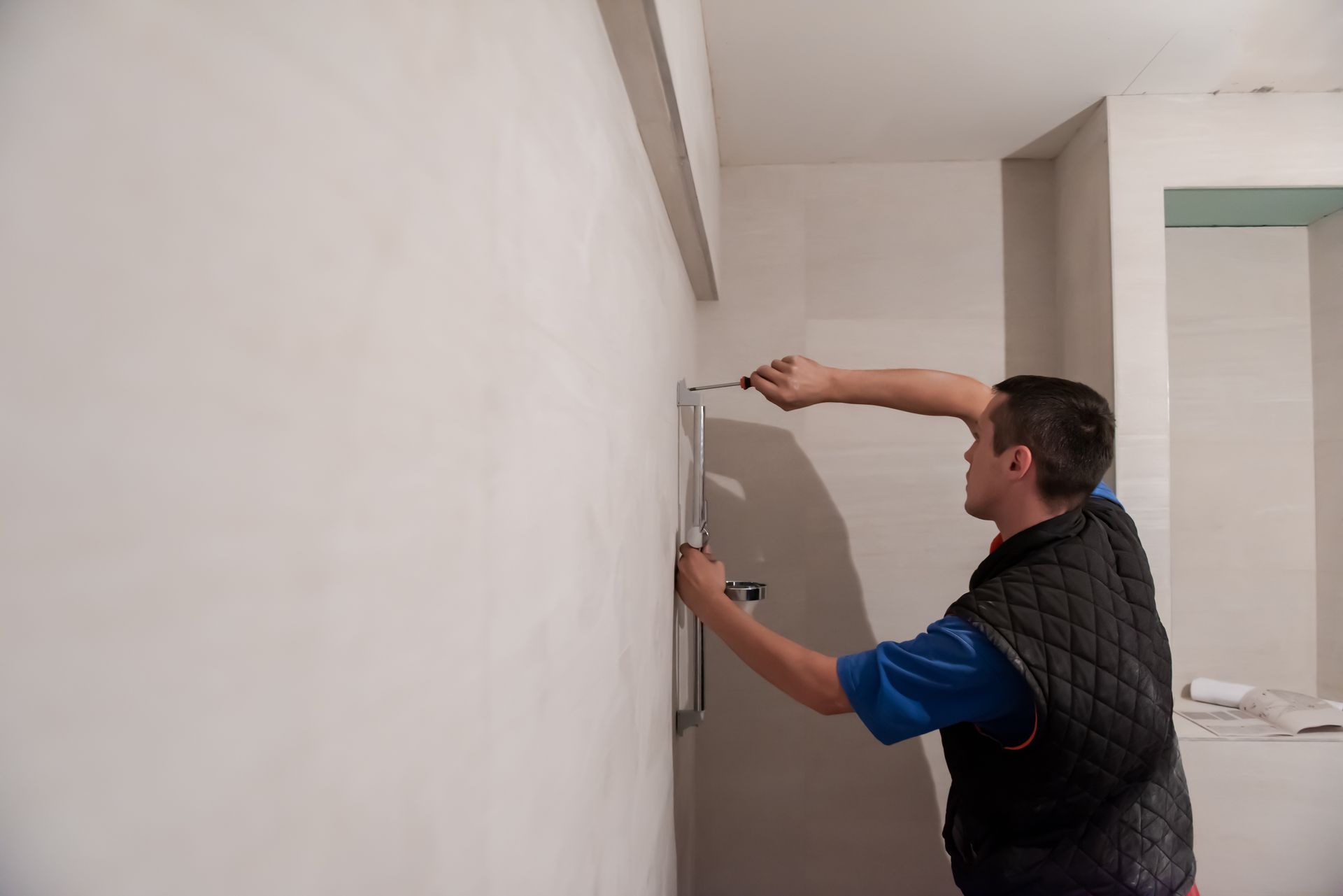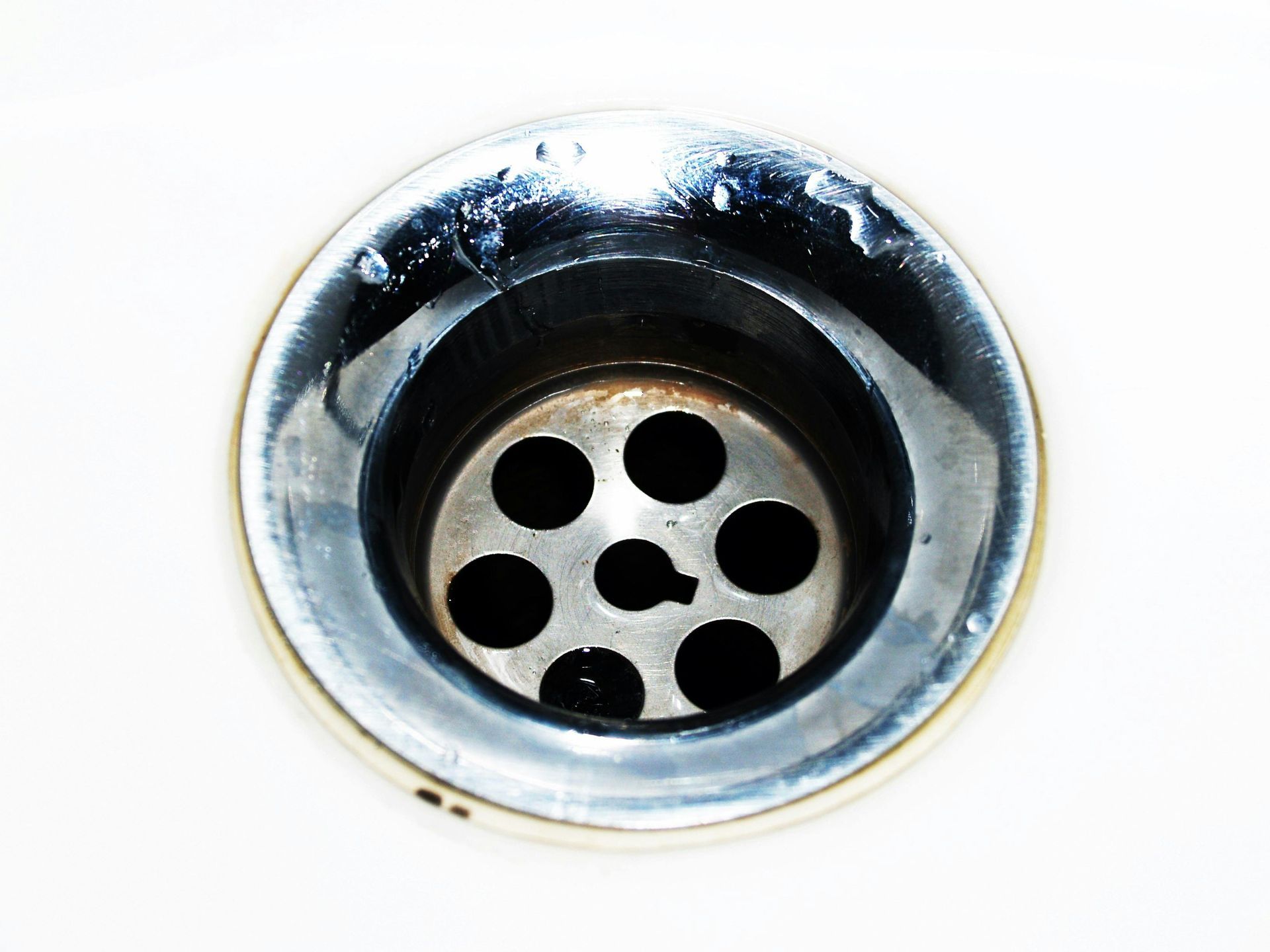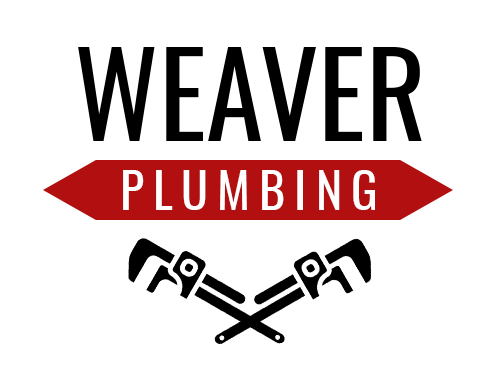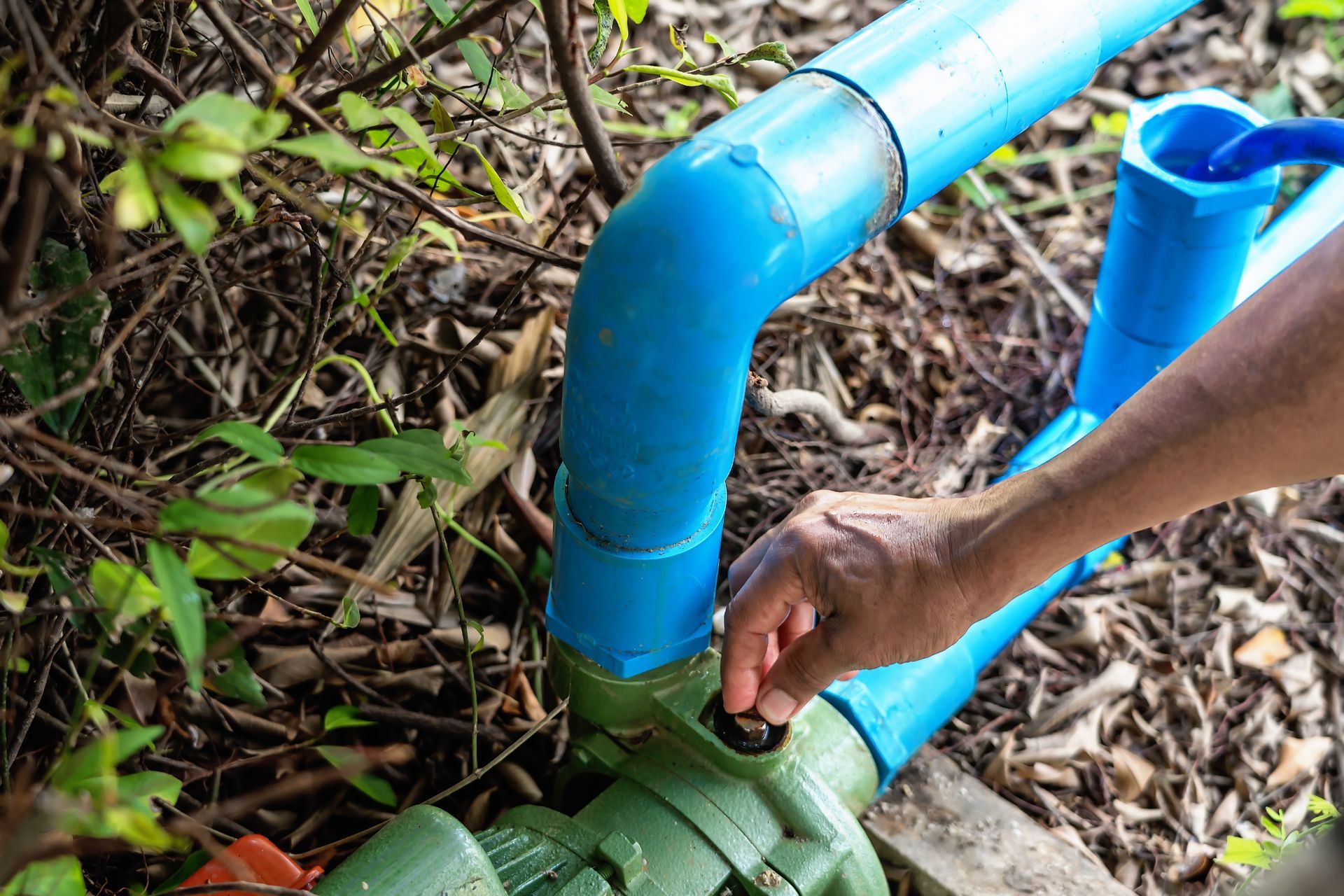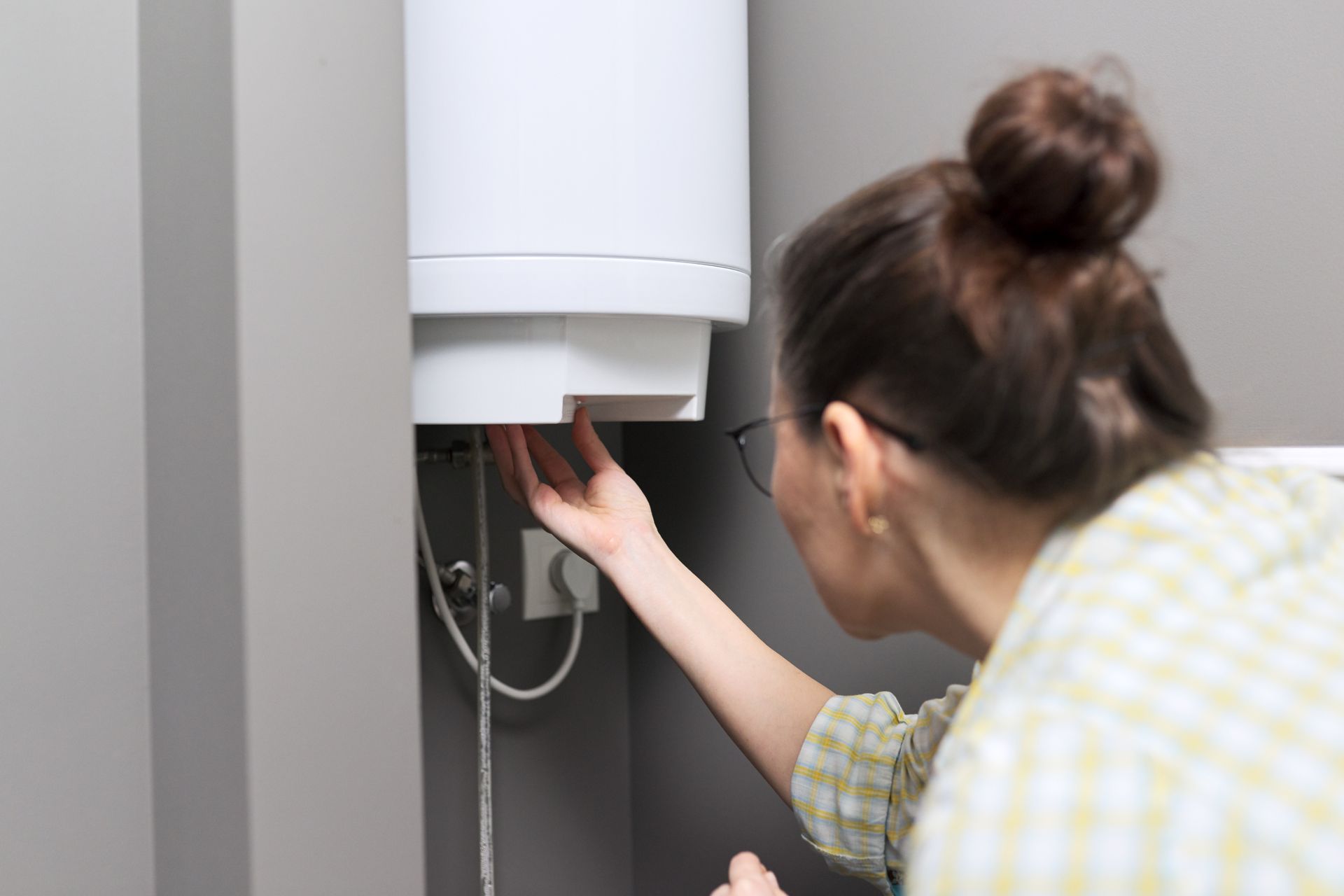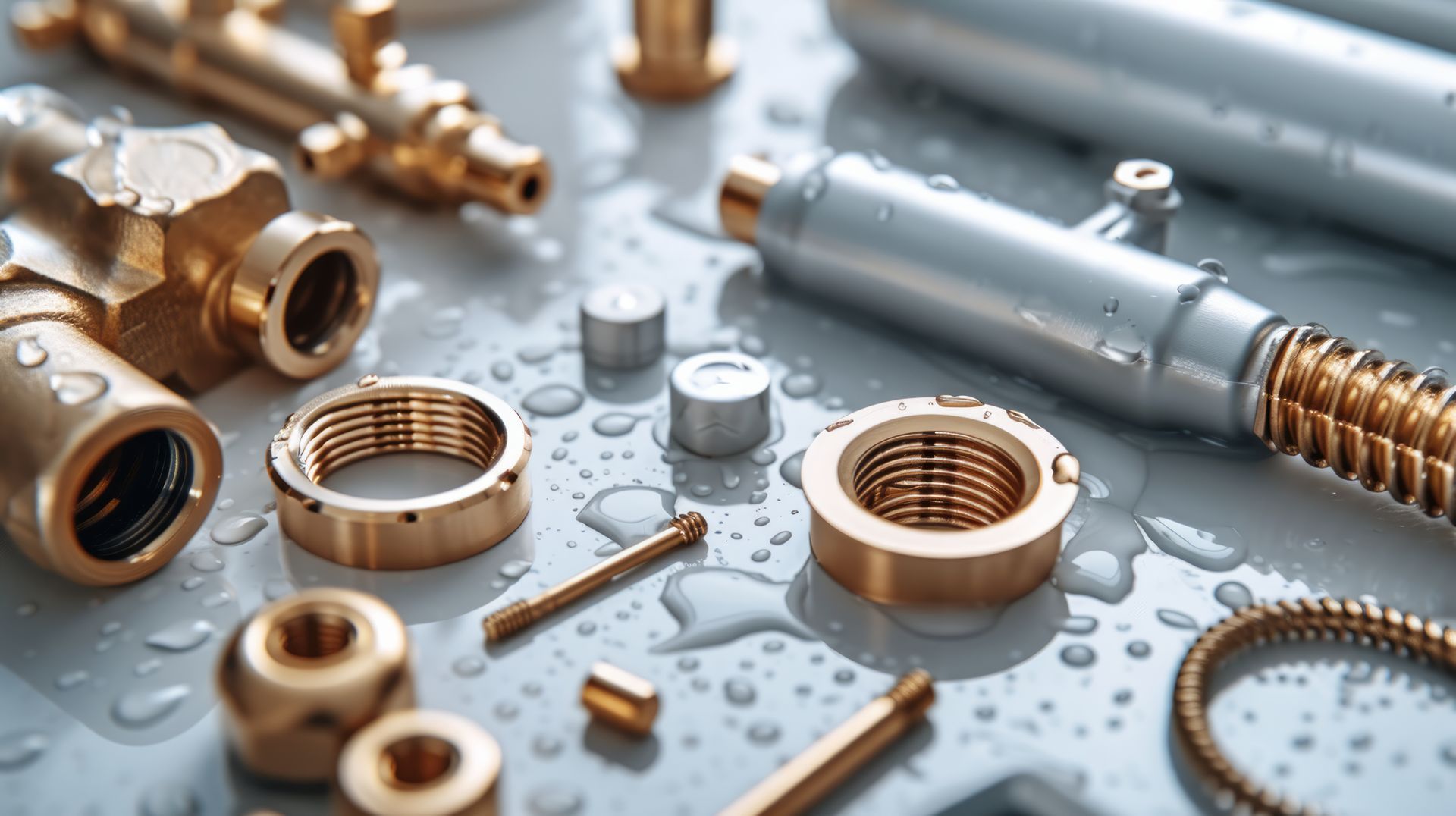Choosing the Right Water Filter for Your Needs: A Buyer's Guide

Slide title
Write your caption hereButton
Water is a vital resource in our daily lives, and ensuring its purity is crucial for our health and well-being. With so many water filtration systems available on the market, choosing the right one for your needs can be overwhelming. At
Weaver Plumbing, located in Calhoun, GA, we understand the importance of having access to clean and safe water. This comprehensive buyer's guide will help you make an informed decision when selecting a water filter for your home or business.
Understanding Different Types of Water Filters
When it comes to water filtration, there are several types of filters, each designed to address specific contaminants and issues. Here’s a brief overview of the most common types of water filters:
Activated Carbon Filters
Activated carbon filters are among the most popular and widely used filters. The carbon utilizes a process called adsorption to hold contaminant molecules on its surface. These filters are highly effective at removing chlorine, sediment, volatile organic compounds (VOCs), and unpleasant tastes and odors. However, they may not remove all types of bacteria, viruses, or dissolved minerals.
Reverse Osmosis (RO) Systems
Reverse osmosis systems act like a special sieve, filtering out impurities from your water with a special membrane. These systems are effective at eliminating dissolved salts, lead, fluoride, nitrates, and other heavy metals. RO systems can produce highly purified water, but they also waste a significant amount of water and may require a separate mineralization stage to add essential minerals back into the water.
Ultraviolet (UV) Purifiers
UV purifiers use ultraviolet light to kill or inactivate bacteria, viruses, and other microorganisms in the water. This method is highly effective at disinfecting water without the use of chemicals. However, UV purifiers do not remove chemical contaminants, sediment, or dissolved solids from the water, so they are often used in combination with other filtration methods.
Ceramic Filters
Ceramic filters are made of porous ceramic material that traps contaminants as water passes through. They are effective at removing bacteria, cysts, and sediment. Some ceramic filters are also coated with silver to provide additional antibacterial properties. However, they may not be as effective at removing chemical contaminants or viruses.
Ion Exchange Filters
Ion exchange filters work by exchanging undesirable ions in the water with beneficial ones. These filters are commonly used in water softeners to remove calcium and magnesium ions that cause water hardness. Ion exchange filters can also remove certain heavy metals, such as lead and copper, but they may not be effective against other contaminants.
Assessing Your Water Quality
Before choosing a water filter, it’s essential to understand the quality of your water. Conducting a water test will help you identify the specific contaminants present and determine the best filtration method for your needs. You can use home water test kits or contact a professional water testing service for a comprehensive analysis.
Common contaminants to look for include:
- Chlorine and chloramine
- Lead and other heavy metals
- Bacteria and viruses
- Nitrates and nitrites
- Fluoride
- Sediment and turbidity
Knowing the specific contaminants in your water will help you choose a filter that effectively addresses those issues.
Determining Your Filtration Needs
Once you’ve assessed your water quality, consider your specific filtration needs. Here are some factors to consider:
Point of Entry (POE) vs. Point of Use (POU)
- POE Systems: These filters treat water as it enters your home, providing filtered water to all faucets and appliances. They are ideal for addressing widespread water quality issues, such as sediment or hard water.
- POU Systems: These filters treat water at specific locations, such as kitchen faucets or showerheads. They are ideal for addressing localized water quality issues or for providing drinking water.
Water Usage
Consider your household’s water usage when selecting a filter. Higher-capacity systems may be necessary for larger households or for homes with high water consumption.
Maintenance Requirements
Different filters have varying maintenance requirements, including filter replacement frequency and system cleaning. Choose a system that fits your maintenance capabilities and schedule.
Evaluating Filtration Performance and Certifications
When selecting a water filter, it’s essential to evaluate its performance and ensure it meets recognized standards. Look for filters that have been tested and certified by reputable organizations, such as the National Sanitation Foundation (NSF) or the Water Quality Association (WQA). These certifications indicate that the filter has been independently tested and meets specific performance criteria for contaminant reduction.
Additionally, review the filter’s performance data, which should provide detailed information about the contaminants it removes and its filtration efficiency. Compare this data with your water quality needs to ensure the filter will effectively address the contaminants in your water.
Consulting with a Professional
Choosing the right water filter can be a complex process, and consulting with a professional plumber can provide valuable guidance. At Weaver Plumbing, our experienced team can help you assess your water quality, determine your filtration needs, and select the best water filter for your home or business. We offer a range of high-quality water filtration systems and provide expert installation and maintenance services to ensure your water remains clean and safe.
Contact Weaver Plumbing Today!
If you’re ready to improve your water quality with a reliable and effective filtration system, contact
Weaver Plumbing in Calhoun, GA. Our knowledgeable team is here to help you choose the right water filter for your needs and provide professional installation and maintenance services. Give us a call at
(770) 608-4815 to schedule a consultation or learn more about our water filtration solutions. We also offer
water heater services,
drain cleaning, and
general plumbing. Ensure your family’s health and well-being with clean, pure water from Weaver Plumbing!
FAQs
How often should I replace my water filter?
The more water you filter, the sooner you'll need to replace the filter, regardless of the type. Generally, activated carbon filters should be replaced every 3-6 months, while reverse osmosis membranes can last 2-3 years. Always follow the manufacturer’s recommendations for optimal performance.
Can I install a water filter myself, or do I need a professional?
Some water filters, such as pitcher filters or faucet-mounted filters, are easy to install yourself. However, more complex systems like reverse osmosis or whole-house filters may require professional installation to ensure proper setup and functionality.
Will a water filter remove all contaminants from my water?
No single water filter can remove all contaminants. Different filters target specific contaminants, so it’s essential to choose a filter based on your water quality analysis and the contaminants you need to remove.
Are water filters expensive to maintain?
Maintenance costs vary depending on the type of filter and its replacement frequency. Activated carbon filters and sediment filters are relatively inexpensive to maintain, while reverse osmosis systems and UV purifiers may have higher maintenance costs due to more complex components.
Can a water filter improve the taste and odor of my water?
Yes, many water filters, especially activated carbon filters, can significantly improve the taste and odor of your water by removing chlorine, organic compounds, and other substances that cause unpleasant tastes and smells.
